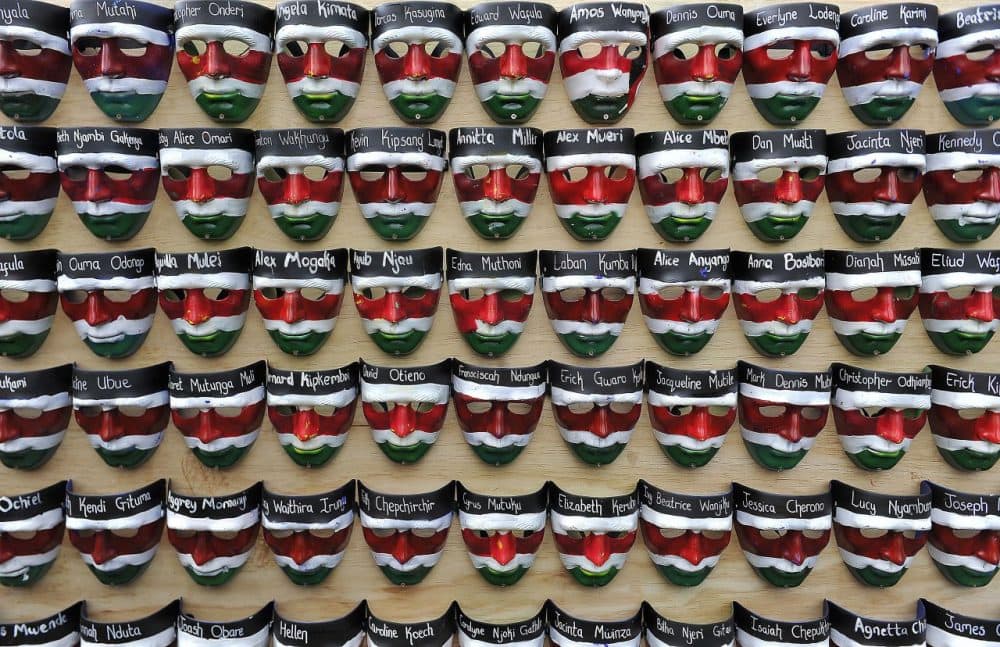Advertisement
Kenya Faces Obstacles To End Al-Shabab Recruitment
Resume
The Kenyan government has decided on the need for radical action after the Garissa University attack two weeks ago, when al-Shabab militants killed 148 people. Part of that plan of action is intended to root out homegrown Islamists.
This comes after the revelation that one of the four gunmen in the Garissa attack was a Kenyan law graduate whose father is a top local official in the northeast.
The government wants the Dadaab camp for Somali refugees to close; they've also offered a 10-day amnesty for anyone radicalized.
All of this is likely to be frustrated by one simple factor - a long history of mistrust of the police in Kenya.
The BBC has seen evidence and heard powerful testimony that al-Shabab is recruiting foot-soldiers in Kenya - youngsters reported missing only for them to declare that they've been lured by al-Shabab.
The BBC's East Africa correspondent Karen Allen reports from the scene of the deadly Garissa siege.
Note: This BBC interview can be heard in the Here & Now podcast or with the WBUR app.
Reporter
- Karen Allen, East Africa correspondent for the BBC. She tweets @BBCKarenAllen.
This segment aired on April 20, 2015.